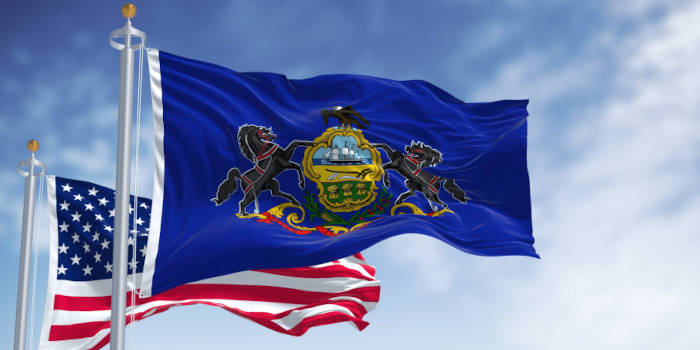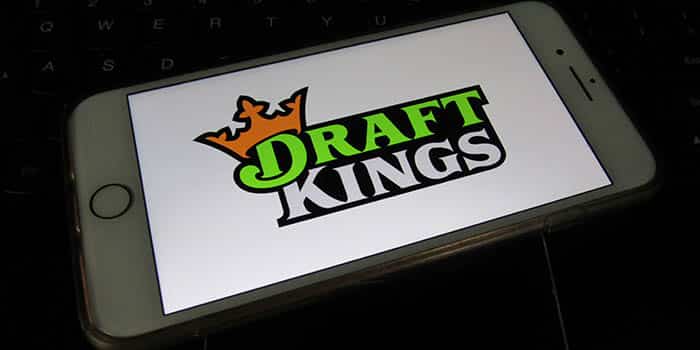- Casino
- By State
- Alabama
- Alaska
- Arizona
- Arkansas
- California
- Colorado
- Connecticut
- Delaware
- Georgia
- Florida
- Hawaii
- Idaho
- Illinois
- Indiana
- Iowa
- Kansas
- Kentucky
- Louisiana
- Maine
- Massachusetts
- Maryland
- Michigan
- Minnesota
- Mississippi
- Missouri
- Montana
- Nebraska
- Nevada
- New Hampshire
- New Jersey
- New Mexico
- New York
- North Carolina
- North Dakota
- Ohio
- Oklahoma
- Oregon
- Pennsylvania
- Rhode Island
- South Carolina
- South Dakota
- Tennessee
- Texas
- Utah
- Vermont
- Virginia
- Washington
- West Virginia
- Wisconsin
- Wyoming
- By State
- Slots
- Poker
- Sports
- Esports
The Debate for Pennsylvania’s Skill Gaming Machines Continues

While Pennsylvania is still trying to shake off the coronavirus (COVID-19), the PAIG group is clamoring for the kill switch on gaming machines in the Keystone State.
Who Wants the Skill Gaming Machines Shutdown in Pennsylvania?
The Pennsylvania Against Illegal Gambling (PAIG) group has been raising awareness in recent times about the dangers of the skill gaming machines. With the introduction of restrictive COVID-19 measures, all of Pennsylvania’s casinos were closed back in March. This however did not slow nor stopped the operations of skilled gaming machines as most of them continued to offer service to consumers. This was quickly noticed by the PAIG group which initiated a radio campaign to raise awareness. Keeping in mind that skill gaming machines are positioned in many common areas such as bars, restaurants, gas stations and convenient stores, this raised further questions if users weren’t actually playing Russian roulette when visiting a skill-based machine.
Here is what Peter Shelly, PAIG spokesperson had to say on the topic: “At a time in which Pennsylvania casinos have made the difficult but appropriate decision to shut down to protect the health of their patrons, employees, and the public, these machines continue to attract gamblers of all ages.” Shelly continued by saying: “You don’t have to be a health expert to know that the extended period of times in which players interact with these machines could accelerate the spread of coronavirus to some of our most vulnerable citizens.“
Are Skill-Based Gaming Machines a Burden For the Keystone State
But what do skill gaming machines offer differently than a standard slot machine? Skill- gaming machines allow a player to place a bet and then the reels spin. In a standard slot machine, once the reel stops, the player would either win or lose, while with the skill machine – the player must click on the winning combination set. This clicking is actually the skill component which the player is allowed to do.
With the help of the radio broadcasts, PAIG also raised another matter, and specifically that skill game machines are not paying taxes because they are not regulated by the Pennsylvania Gaming Control Board, which is the state’s regulator. Since no tax is payable, the revenue is divided between the host, supplier and producer. This, according to PAIG, has cost the state around $200 million per annum, considering that there are some 20,000 skill machines in the Keystone State.
Another doubtful point to back up the concerns by PAIG is that all random number generator (RNG) machines have a return to player (RTP) ratio. Professional casino developers would present that number so that it is available for the players. This however is not the case with the skill gaming machines as such number is not listed. Furthermore, considering that those machines are not under the influence of the state regulator, there is no definitive way to know if there is even a minimum RTP applicable for the users.
Despite the troubling scenario surrounding the skill machines in Pennsylvania, the new type of entertainment was met quite well in other states. Back in May, Nevada’s regulator approved the entry of the Australian Gaming Developer Wymac, introducing skill gaming to the Silver State.
Related Topics:
Although Fiona doesn't have a long-spanning background within the gambling industry, she is an incredibly skilled journalist who has built a strong interest in the constantly growing iGaming network. The team at Gambling News is glad to have her on our roster to help deliver the best stories as soon as they hit. Aside from writing, she loves to dabble in online casino games such as slots and roulette, both for her own enjoyment and also as research to better improve her understanding of the industry.
Must Read












